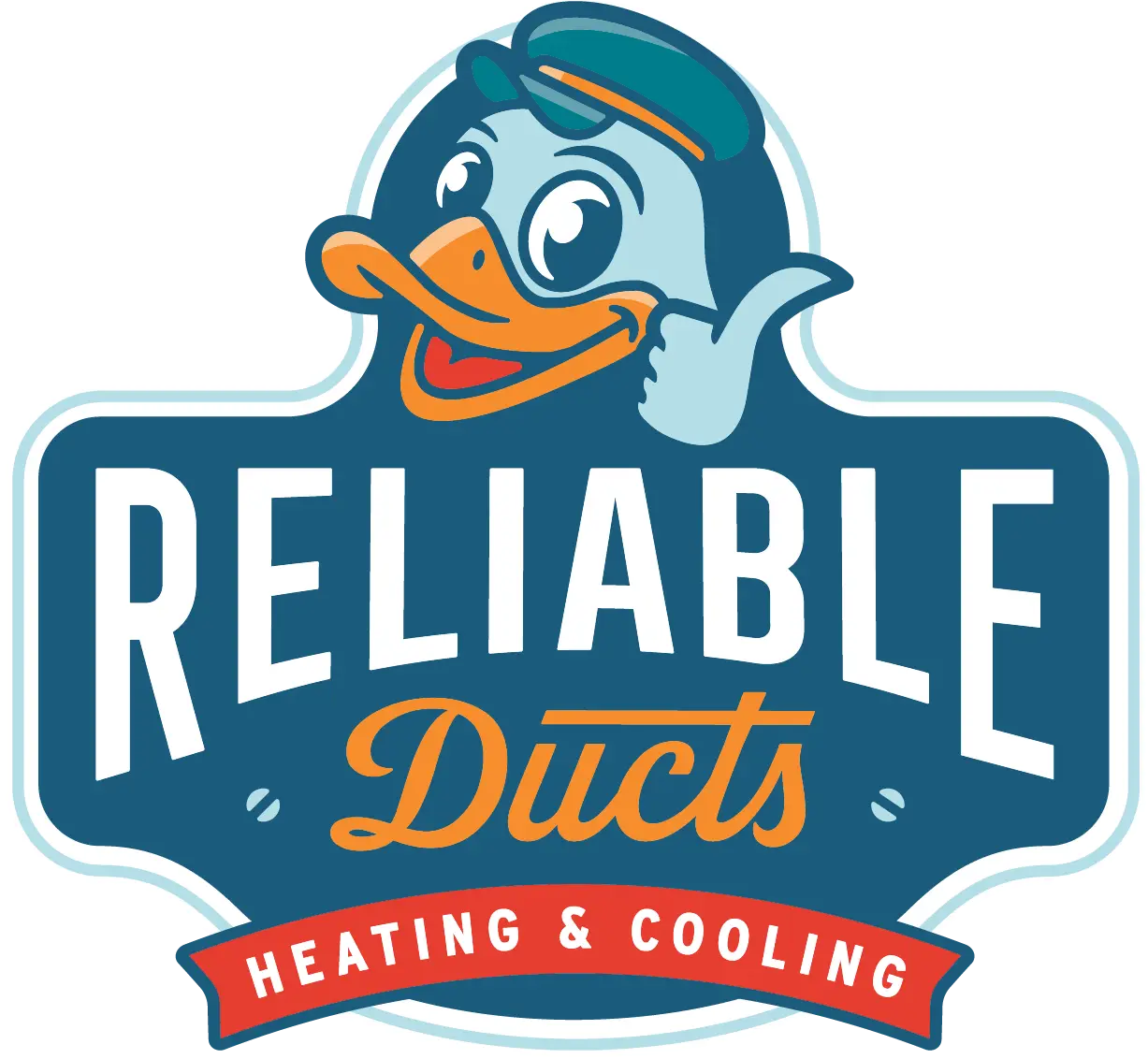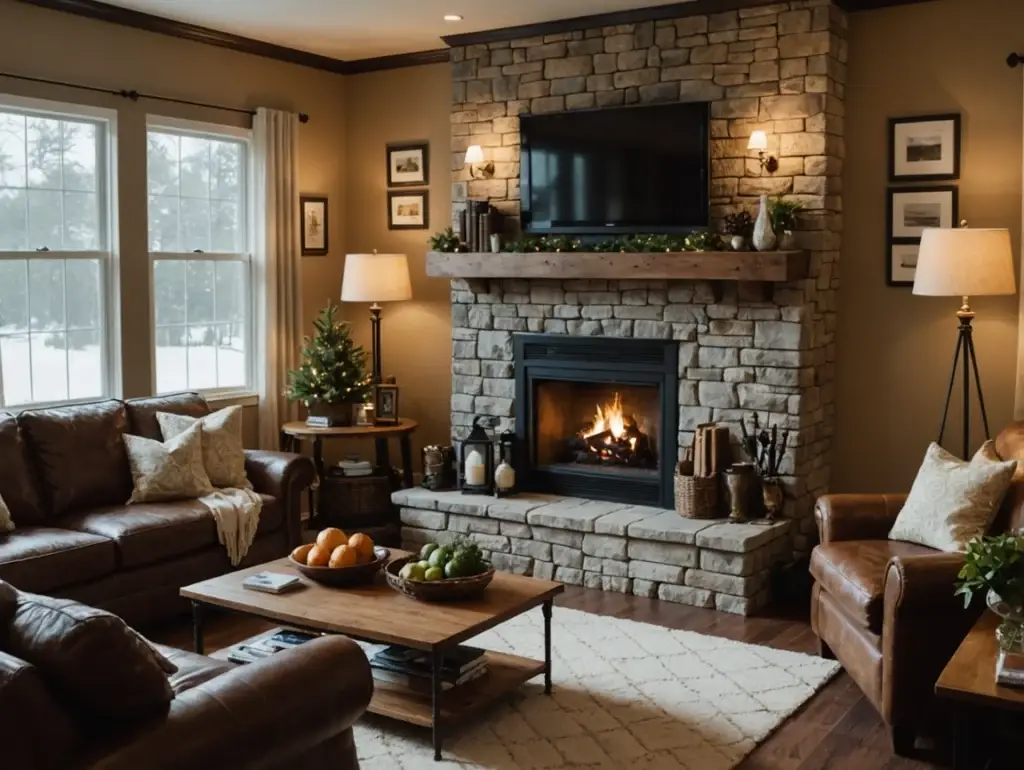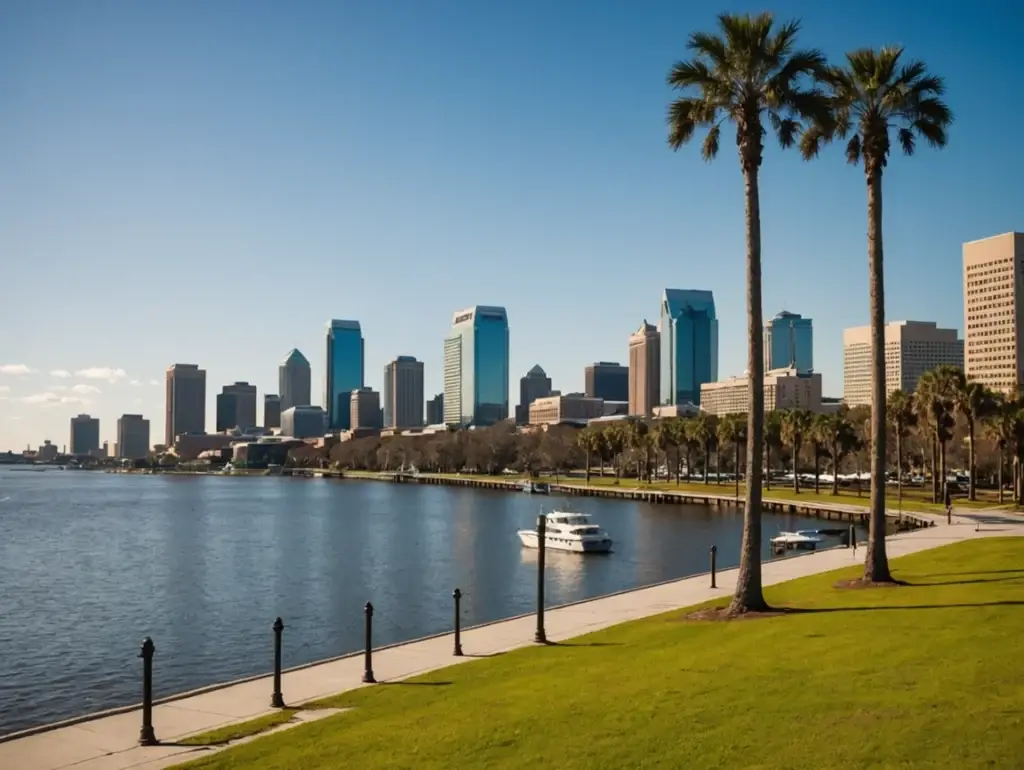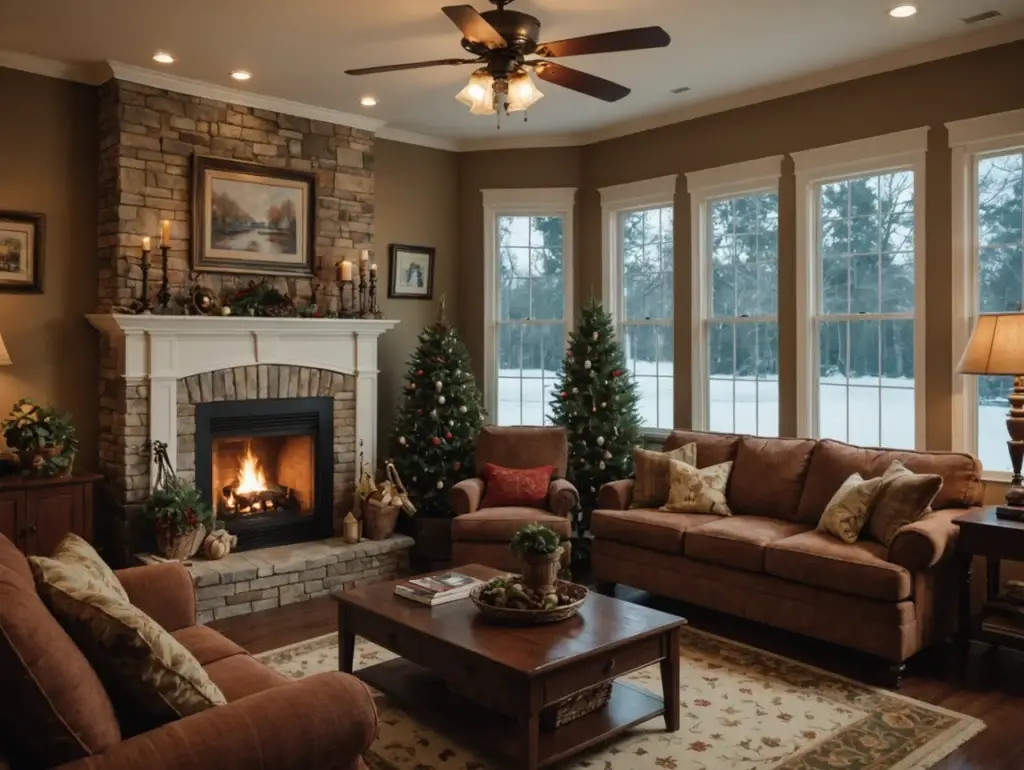[vc_row][vc_column][vc_column_text]Your HVAC (Heating, Ventilation, and Air Conditioning) system is a crucial component of your home’s comfort and air quality. However, several factors can damage the system over time, leading to inefficiency, breakdowns, and costly repairs. Understanding these common culprits is essential for maintaining your HVAC system’s performance and longevity. Let’s explore the key factors that can damage your HVAC system:
- Lack of Maintenance: Regular maintenance is essential for keeping your HVAC system running smoothly. Neglecting routine tasks such as filter changes, coil cleaning, and lubrication can lead to the accumulation of dirt, dust, and debris, hindering airflow and reducing efficiency. Additionally, worn-out or malfunctioning components may go unnoticed without regular inspections, increasing the risk of breakdowns and costly repairs.
- Dirty Filters: Air filters play a crucial role in trapping dust, pollen, and other airborne particles to maintain indoor air quality and protect HVAC components. However, dirty filters can restrict airflow, causing the system to work harder and consume more energy. Moreover, clogged filters can lead to frozen coils, compressor damage, and reduced system lifespan. Regular filter replacement is necessary to prevent these issues and ensure optimal HVAC performance.
- Overworking the System: Overworking your HVAC system by setting excessively high or low temperatures can put unnecessary strain on its components, leading to increased wear and tear. Additionally, constantly adjusting the thermostat or running the system at full capacity for extended periods can contribute to higher energy bills and reduced efficiency. Maintaining moderate temperature settings and using programmable thermostats can help prevent overworking the system and prolong its lifespan.
- Poor Ventilation: Proper ventilation is essential for maintaining indoor air quality and preventing moisture buildup, which can lead to mold growth and damage to HVAC components. Blocked or closed vents, inadequate airflow, or improperly sized ductwork can restrict airflow and disrupt the balance of the system, resulting in uneven heating or cooling and increased energy consumption. Ensuring adequate ventilation and airflow throughout your home is crucial for preserving your HVAC system’s efficiency and performance.
- Environmental Factors: Environmental factors such as extreme temperatures, humidity levels, and exposure to outdoor elements can impact your HVAC system’s performance and lifespan. Severe weather conditions, including lightning strikes, hailstorms, and flooding, can cause physical damage to outdoor units, electrical components, and refrigerant lines. Additionally, high humidity levels can promote mold growth and corrosion, while low humidity levels can lead to dryness and damage to sensitive components. Proper maintenance, insulation, and weatherproofing can help protect your HVAC system from environmental hazards and prolong its lifespan.
In conclusion, several factors can damage your HVAC system and compromise its performance and efficiency. Regular maintenance, including filter replacement, cleaning, and inspections, is crucial for identifying and addressing potential issues before they escalate. Additionally, practicing energy-efficient habits, maintaining proper ventilation, and protecting your system from environmental factors can help preserve its longevity and ensure optimal comfort and air quality in your home. By understanding these common culprits and taking proactive measures to safeguard your HVAC system, you can enjoy reliable performance and peace of mind for years to come. [/vc_column_text][/vc_column][/vc_row]



